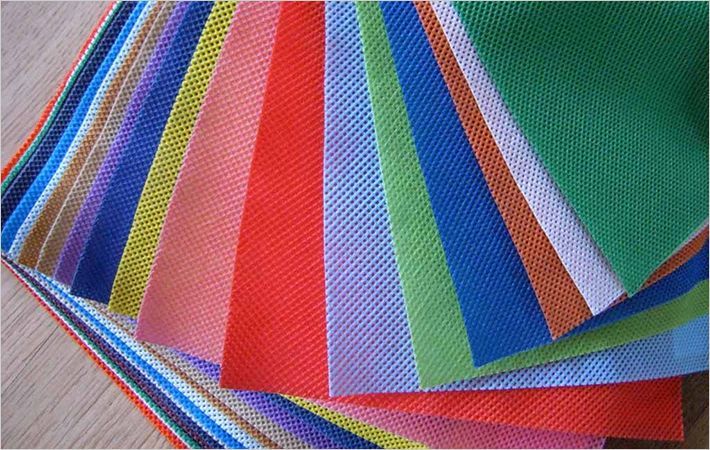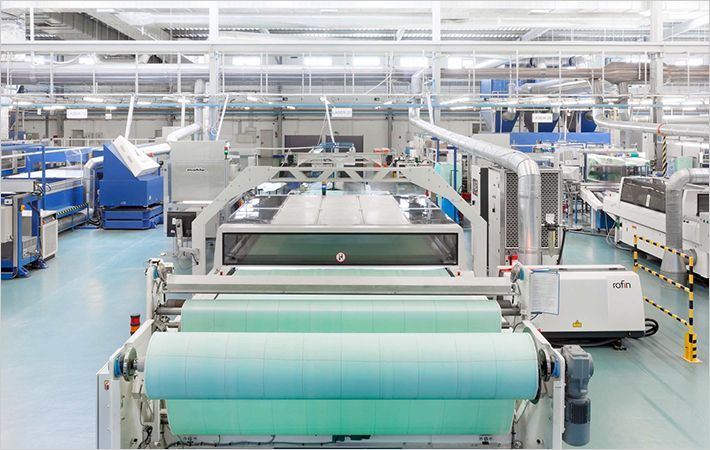Pepin Associates Inc has developed a version of its patented Disco-Tex aligned, discontinuous carbon fiber fabric using a thermoplastic as the matrix. Fabrication with aerospace grade carbon fiber and nylon has resulted in a highly-formable, carbon-reinforced composite material with many possible applications. Other aerospace friendly thermoplastics, such as Polyphenylene sulfide (PPS), and high temperature thermoplastics, such as Polyetherimide (PEI), may be used as well.
Thermoplastics by their nature may be re-formed when re-heated which gives them a long life-cycle. Pepin Associates Inc has developed a version of its patented Disco-Tex aligned, discontinuous carbon fiber fabric using a thermoplastic as the matrix. Fabrication with aerospace grade carbon fiber #
As more thermoplastic parts are reinforced with carbon fiber, the need to find ways to dispose of this material at the end of its life cycle becomes more pressing.
While carbon-fiber-reinforced materials using a chopped mat of fibers may be press molded to make lower-grade composites, Disco-Tex made with thermoplastics may be reformed before it is recycled by reheating the material. The orientation of the carbon fibers in Disco-Tex allows for the natural strength of the carbon fiber to be retained as the thermoplastic is remolded. In production, this should reduce the amount of scrap material sent to landfills.
Pepin Associates has already developed a glass fiber-reinforced version of Disco-Tex using recycled, post-consumer polyethylene terephthalate (PET) made from used soda bottles. This glass – PET composite was used to make a demonstration crush zone part for a small, compact automobile.
Pepin Associates believes that Disco-Tex made from carbon and thermoplastics will likewise be 100% recyclable, possibly to be re-used for production of similar composite parts for automotive or aerospace applications.
Many automotive parts are made from thermoplastics due to their dynamic ability to be molded into necessary shapes. However, as automotive designers strive for ever-lighter vehicles, especially in the hybrid and electric vehicle markets, higher strength composites will be needed to replace heavier metal or metal alloy components. Disco-Tex using thermoplastics and carbon fiber strikes a balance between strength and stiffness versus ease of molding of parts.
Considering the environmentally-friendlier life cycle of Disco-Tex using thermoplastics, it may become a material of choice for parts entering green markets, such as hybrid and electric vehicles.
Pepin Associates designs and fabricates new materials and structures for applications such as composite airframe components, armor, turbine fragment containment and biomaterials. Pepin's patented technologies include DiscoTex formable textiles for aerospace composite structures applications and a hybrid structural/ballistic sandwich panel used in armor or turbine engine fragment containment.
Pepin Associates Inc

